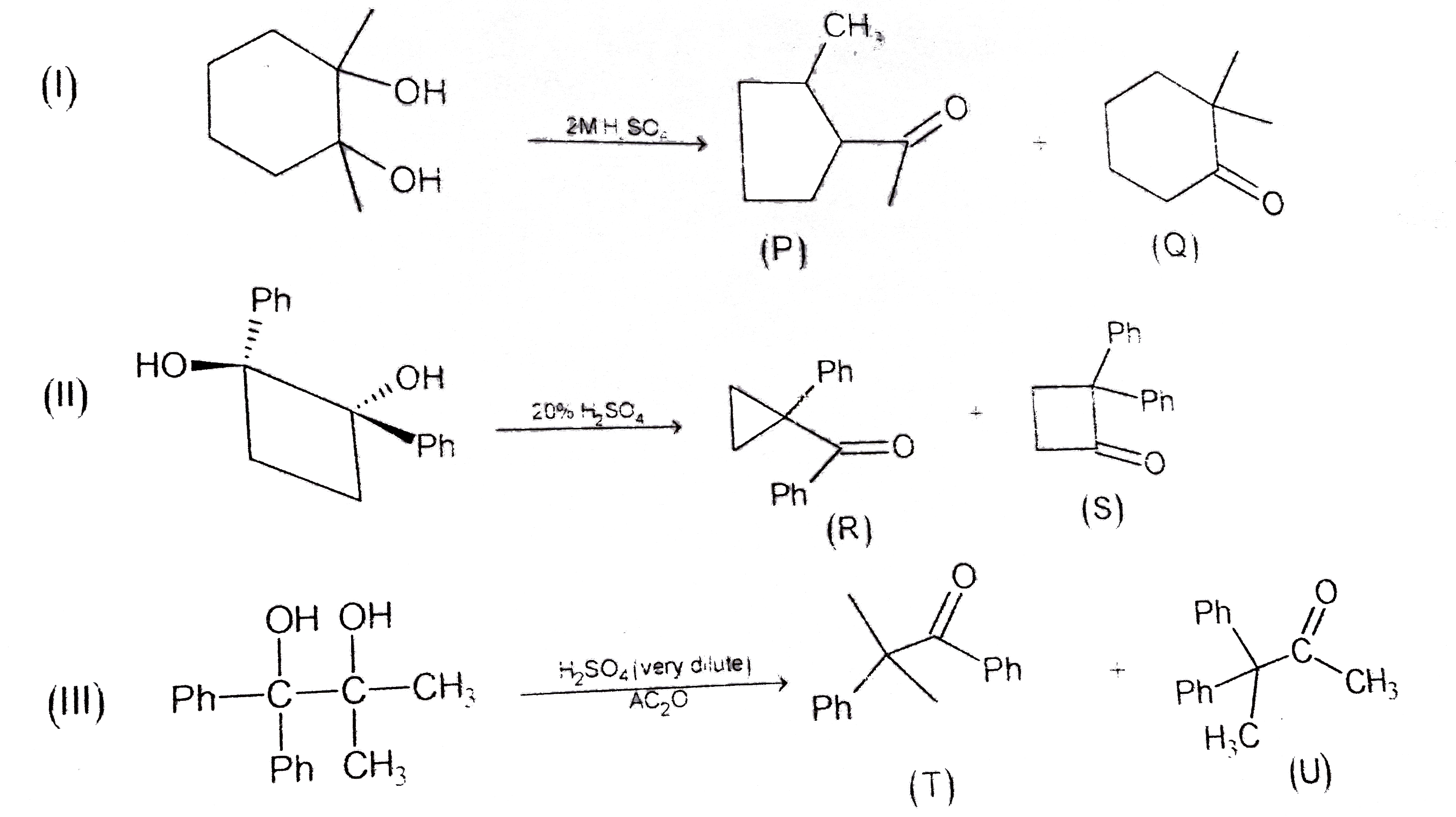Select the correct statement out of the following
In an elastic collision, momentum of each body remain conserved
In an elastic collision total kinetic energy is not conserved during the short time of collision
In an elastic collision, final kinetic energy is always less than initial kinetic energy of the system
All of these
To solve the question, we need to analyze each of the provided statements regarding elastic and inelastic collisions. Let's go through them step by step.
Step 1: Analyze Option 1
Statement: In an elastic collision, momentum of each body remains conserved.
Analysis:
- In an elastic collision, the total momentum of the system is conserved, but this does not imply that the momentum of each individual body is conserved. The individual momenta of the bodies can change due to the collision.
- Therefore, this statement is incorrect.
Step 2: Analyze Option 2
Statement: In an elastic collision, total kinetic energy is conserved during the short time of collision.
Analysis:
- An elastic collision is defined as one in which both momentum and kinetic energy are conserved. During the collision, the total kinetic energy before the collision equals the total kinetic energy after the collision.
- Therefore, this statement is correct.
Step 3: Analyze Option 3
Statement: In an inelastic collision, final kinetic energy is always less than the initial kinetic energy of the system.
Analysis:
- In an inelastic collision, kinetic energy is not conserved; it can be transformed into other forms of energy (like heat or sound). However, it is not true that the final kinetic energy is always less than the initial kinetic energy. In some cases, it can remain the same or even increase, depending on the nature of the collision.
- Therefore, this statement is incorrect.
Step 4: Analyze Option 4
Statement: (Assuming it states something incorrect about collisions)
Analysis:
- Without the specific wording of option 4, we can generally state that if it contradicts the principles of conservation of momentum or kinetic energy, it is likely incorrect.
- Therefore, this statement is incorrect.
Conclusion
After analyzing all the options, we find that only Option 2 is correct.
Final Answer:
The correct statement is Option 2: In an elastic collision, total kinetic energy is conserved during the short time of collision.
---
Statement: In an elastic collision, momentum of each body remains conserved.
- In an elastic collision, the total momentum of the system is conserved, but this does not imply that the momentum of each individual body is conserved. The individual momenta of the bodies can change due to the collision.
- Therefore, this statement is incorrect.
Statement: In an elastic collision, total kinetic energy is conserved during the short time of collision.
- An elastic collision is defined as one in which both momentum and kinetic energy are conserved. During the collision, the total kinetic energy before the collision equals the total kinetic energy after the collision.
- Therefore, this statement is correct.
Statement: In an inelastic collision, final kinetic energy is always less than the initial kinetic energy of the system.
- In an inelastic collision, kinetic energy is not conserved; it can be transformed into other forms of energy (like heat or sound). However, it is not true that the final kinetic energy is always less than the initial kinetic energy. In some cases, it can remain the same or even increase, depending on the nature of the collision.
- Therefore, this statement is incorrect.
Statement: (Assuming it states something incorrect about collisions)
- Without the specific wording of option 4, we can generally state that if it contradicts the principles of conservation of momentum or kinetic energy, it is likely incorrect.
- Therefore, this statement is incorrect.
After analyzing all the options, we find that only Option 2 is correct.
The correct statement is Option 2: In an elastic collision, total kinetic energy is conserved during the short time of collision.
Similar Questions
Knowledge Check
Select the correct statements out of the following .
(i)Both DNA and RNA are able to mutate.
(ii)RNA being unstable , mutates at a faster rate.
(iii)RNA shows catalytic properties.
(iv)Presence of uracil (U) at place of thymine (T) confers additional stability to RNA.A(i) and (ii)B(ii) and (iii)C(i) and (iv)D(i),(ii) and (iii)Select the incorrect statement out of the following.
AAll animals belonging to various phyla are assigned to the kingdom Animalia.BAs we go higher from species to kingdom, number of common characteristics goes on increasing.CDifferent classes comprising fish, amphibians, reptiles, brids and mammals together constitute the phylum Chordata.DPlant order Polymoniales includes the families like solanaceae and Convolvulaceae based on the vegetative and floral characters.Select the incorrect statement out of the following.
APeople living in different states of India eat different kinds of food.BFood protects us from diseases.CMaterials which are used to prepare food are called ingredientsDAll the ingredients of food that we eat come from either plants or animals.
Consider the following reactions:

Select the correct statement from the following:
View SolutionSelect the correct statements among the followings
View SolutionSelect the correct statements :
View SolutionSelect the correct statements.
View SolutionThe correct statement out of the following is :
View Solution
